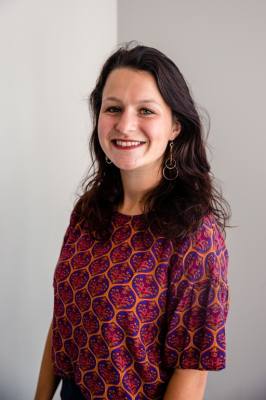Frisco ISD's Government Affairs Coordinator Megan DeWolfe said at a Dec. 3 special board meeting that the district was discussing online learning as a future offering even before COVID-19 disrupted in-person learning.
DeWolfe said the district had high hopes for Senate Bill 1455, which was filed in the last session of the Texas Legislature to expand virtual learning options, but it failed to pass.
Online learning could provide an opportunity for the district to benefit students who have unique life circumstances, DeWolfe said. These students may include athletes, students receiving inpatient and outpatient services, and students who simply prefer the flexibility of online learning and thrive in virtual settings.
Students who are physically absent for long periods of time have to unenroll, DeWolfe said—even if it’s for a few weeks to visit family in another country or to train for elite sports.
“Why can’t we continue to service them [online] for the couple months that they’re gone?" she said at the meeting. "We’re really going to make a kid unenroll for the three weeks that they leave?”
DeWolfe said FISD wants to have the opportunity to serve those students for that short term that they cannot be physically present.
While most schools across the state are offering virtual learning due to social distancing and the threat of COVID-19, this could be go away once the threat of the virus is reduced, she said.
“Much of what we’re doing servicing students through online learning is not allowed and it’s not funded through current law,” DeWolfe said.
DeWolfe said writing this piece of legislation may present some complications. One challenge is that some rural or smaller districts may not have the infrastructure to implement a full virtual academy. This may create unequal opportunities.
“We’re talking a lot to small districts," DeWolfe said. "We’re not trying to steal students. We’re trying to figure out how [we can] just make this better for students across the state."
She said she hopes there can be a new policy that benefits everyone.
“How can we approve this code in a way that would improve education access for students at rural districts, at small districts, at large districts ... that won’t hurt or ... make schools compete against one another?” she said.
DeWolfe admitted virtual learning is “probably not the best option for everyone under the sun,” but that keeping this option open for FISD students could be a game-changer for many FISD students.





